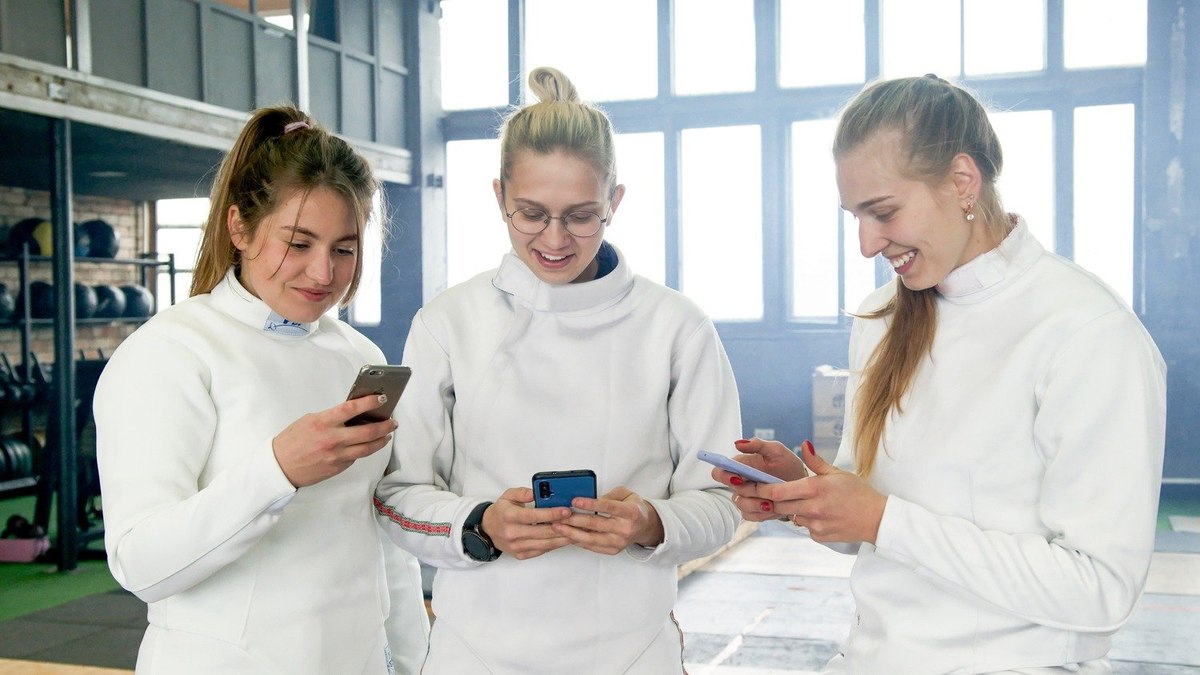
Do endorsements of healthcare products & food supplements by social media influencers work?
Poised to grow by about 30.3% annually through 2028, the influencer marketing industry reached a value of USD 16.4 billion in 2022. While influencer marketing service offerings grew by 26% globally, influencer marketing platforms raised more than USD 800 million in funding in 2021. And with more than 75% of brands having a dedicated influencer marketing budget, a social media influencer's place in many brands’ overall marketing strategy is undeniable. But how much of a hold do influencers have on consumers when it comes to purchasing various products and services?
A recent YouGov study – conducted across 18 global markets – reveals that consumers are most likely to notice influencer endorsements when it comes to purchasing clothes (46%); followed closely by those who take note of endorsements for grocery & food items (45%) and out-of-home entertainment (44%).
Healthcare products and food supplements (41%) share the fifth place with air travel brands and hotels (41%) and media streaming services (41%).
Taking a closer look at healthcare products and food supplements, data reveals that just over a tenth of consumers (12%) are ‘a lot’ likely and almost a third of consumers (28%) are ‘a little’ likely to take note of endorsements by social media influencers for healthcare products and food supplements.
European consumers are much less likely than the global average to be influenced by endorsements from social media influencers when purchasing healthcare products- under a third (27%) say they notice such endorsements.
Much like their European counterparts, a majority of North American consumers (57%) say they are not at all influenced by influencer endorsements of healthcare products & food supplements. Under two-fifths of the consumers (35%) - of which 10% are ‘a lot’ and 25% are ‘a little’ - are likely to take note of similar endorsements when buying healthcare products.
On the other hand, consumers across APAC (60%) and in UAE (77%, the highest of all global markets) are far more likely to notice endorsements by social media influencers when purchasing healthcare products and food supplements.
When we look at consumers who notice influencer endorsements for healthcare products by age, the data reveals some interesting but predictable nuances.
The proportion of consumers influenced by such endorsements begins to fall as the age of the consumers increases – except between 18-24-year-olds (54%) and 25-34-year-olds (56%, the highest amongst all age groups). Consumers aged 55 and above are the least likely to be knowingly influenced by social media influencer endorsements of healthcare products and food supplements with almost three-quarters (72%) saying so.
Explore our living data – for free
Discover more health and pharma content here
Want to run your own research? Start building a survey now
Get quick survey results from nationally representative or targeted audiences using YouGov RealTime Omnibus
Make smarter business decisions with better intelligence. Understand exactly what your audience is thinking by leveraging our panel of 20 million+ members. Speak with us today.
Methodology: YouGov RealTime Omnibus provides quick survey results from nationally representative or targeted audiences in multiple markets. The data is based on surveys of adults aged 18 and over in 18 markets with sample sizes varying between 513 and 2,015 for each market. All surveys were conducted online in September 2022. Data from each market uses a nationally representative sample apart from Mexico and India, which use urban representative samples, and Indonesia and Hong Kong, which use online representative samples. Learn more about YouGov RealTime Omnibus.
Photo by Artem Podrez on Pexels